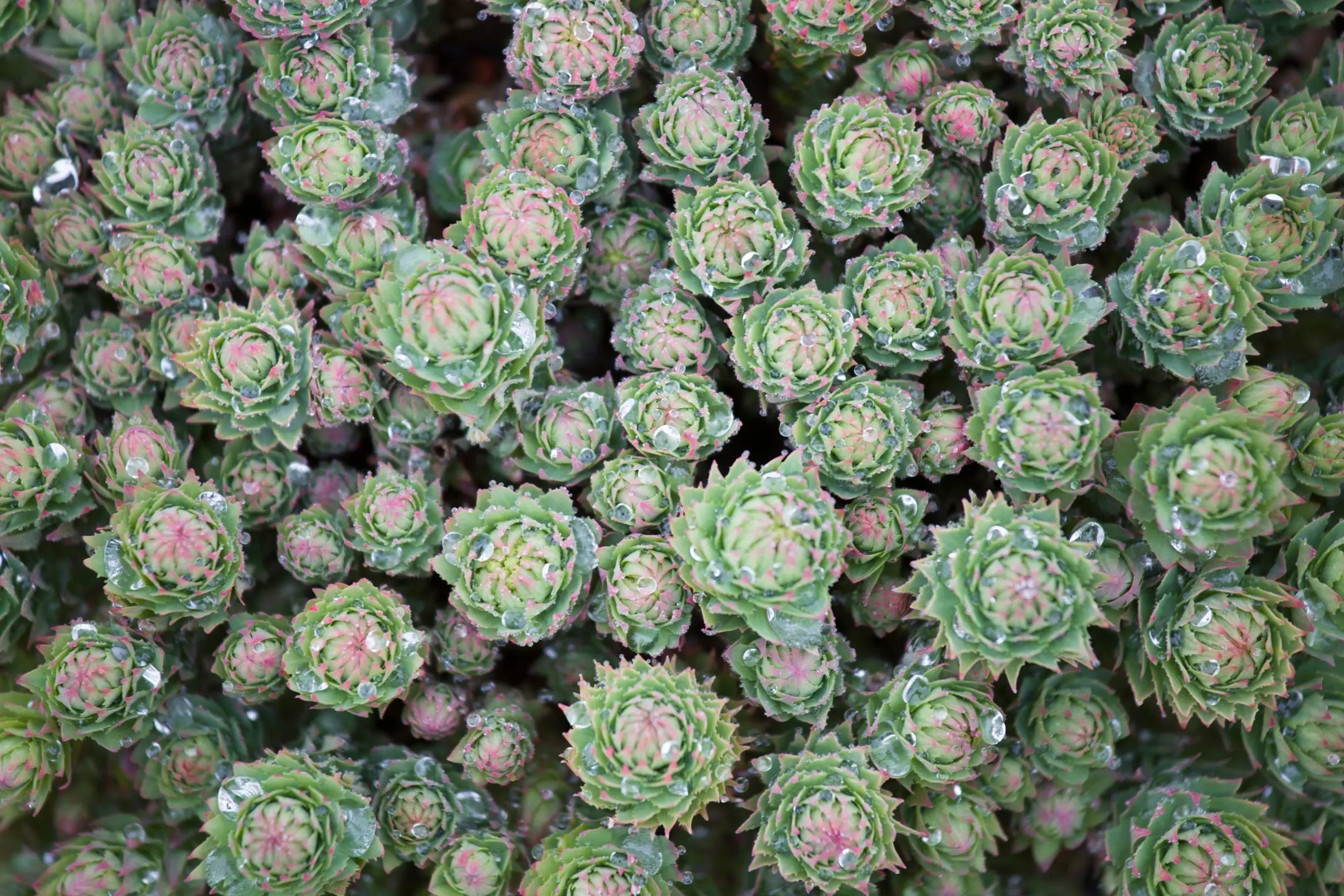Rhodiola Rosea is a small, fleshy, perennial flowering plant from the Crassulaceae or Orpine family of plants. The plant only grows up to 15 to 16 inches of maximum height and is prevalent in the Arctic regions of Europe, North America, and Asia.
The leaves and shoots of Rhodiola are used as food in some parts of the world whereas the root has been used for centuries in various traditional medicinal systems.
Rhodiola rosea plant is known with several common names, including golden root, orpin rose, rose root, Arctic root, Aaron’s rid, and king’s crown.
Chemical Constituents of Rhodiola Rosea

Scientists have found about 140 different chemical compounds in the subterranean parts of Rhodiola. While the exact chemical composition of R. rosea root extract and essential oil may vary in different regions of the world, the plant root contains the following major chemical compounds:
- Phenols
- Rosin
- Rosavin
- Rosarin
- Phenolic acids and derivatives
- Terpenoids
- Flavonoids
- Alkaloids
- Organic acids
- Tyrosol
- Anthraquinones
- Salidroside
A Brief History of Rhodiola’s Use
Rhodiola roots have been used in Traditional Chinese Medicine for at least a thousand years as a tonic for protection against extreme cold weather and alleviate physical fatigue. They are also considered beneficial for stimulating the blood flow, improving blood circulation, particularly among those with heart issues, and menstrual irregularities.
The herb also has a long history of use in traditional Tibetan medicine, Russia, and Scandinavia. Tibetans used the plant as a natural remedy for vaginal secretions in women, pneumonia, and coughing up blood. Russians and Scandinavians, on the other hand, used it to increase physical strength and endurance against Siberian winters and high-altitude sickness.
Health Benefits of Rhodiola Root

Although there isn’t a large body of scientific evidence to support the herbal uses and benefits of Rhodiola Rosea (because the herb hasn’t been studied enough by scientists), there are some strong research findings regarding the following benefits of Rhodiola plant:
It Can Help Deal with Stress and Anxiety
Rhodiola root is best known for its adaptogenic properties. The herb has been found to help increase body’s resistance against a range of physical, biological, and chemical stressors. Research has also shown that chemical compounds found in Rhodiola root may help stimulate the production and regulate the functioning of dopamine, serotonin, and norepinephrine in the body. These properties also make the herb useful for people dealing with anxiety.
It Can Help Improve Physical and Mental Performance
A review of 11 studies conducted to evaluate the effectiveness and efficacy of Rhodiola concluded that the plant may help improve mental and physical performance. Another research study found the herb effective in decreasing mental and physical fatigue and improving physical performance and cognitive function. The herb was particularly found effective in stress-related fatigue.
Conclusion

There may not be enough scientific evidence to support the acclaimed benefits of Rhodiola Rosea. However, there is a long history of herb’s use and plenty of anecdotal evidence to support these claims. Several research studies have found supporting results as well. There is a need for further scientific research to validate the purported benefits. However, the lack of scientific research shouldn’t be the reason to not take advantage of this incredibly useful herb. As long as you’re taking expert advice and using organic tincture or capsules of Rhodiola Rosea, you can safely use the herb and experience its benefits.




Share:
Learn the Herbs: Blue Vervain Health Benefits
Learn the Herbs: Lemon Verbena Benefits